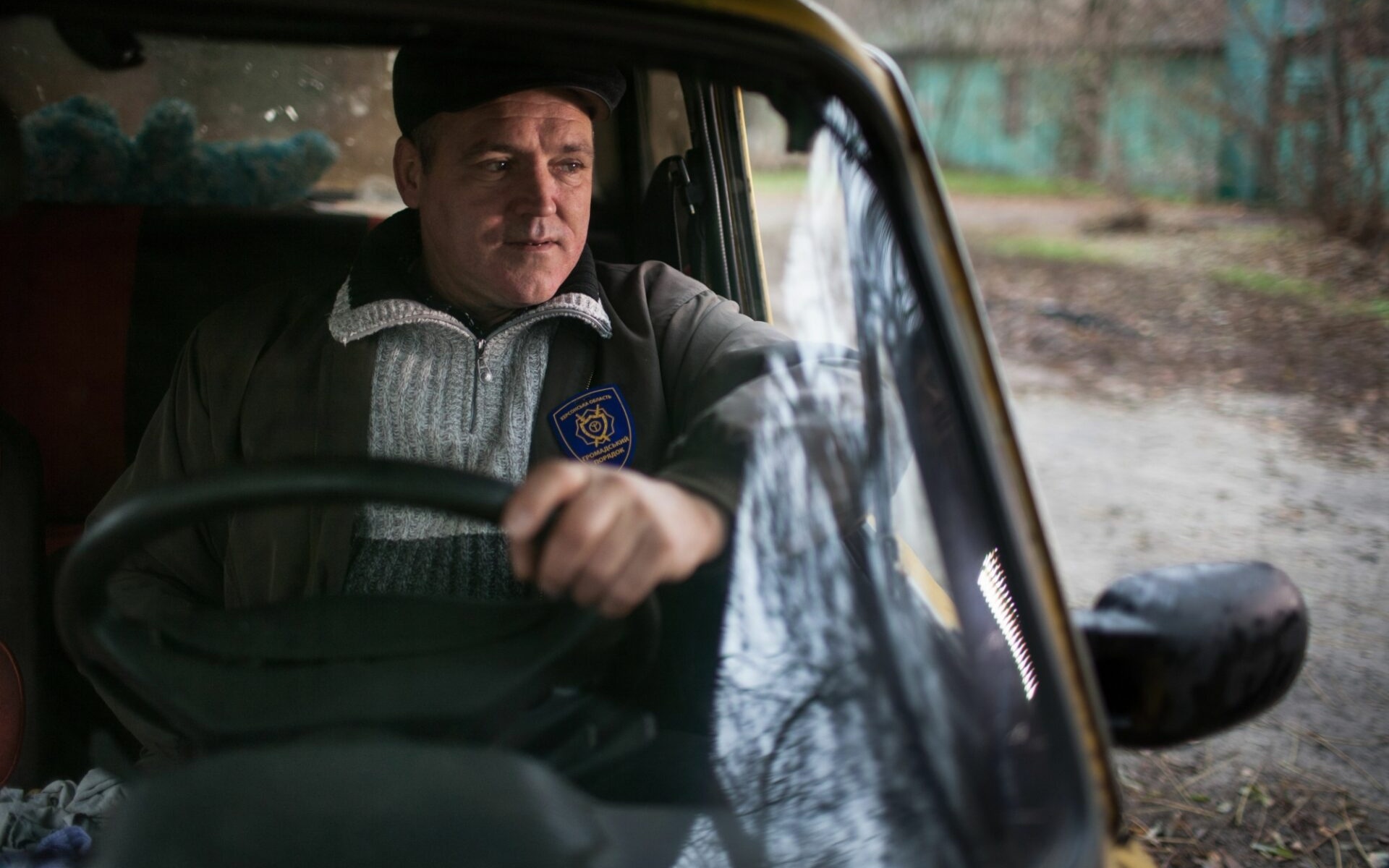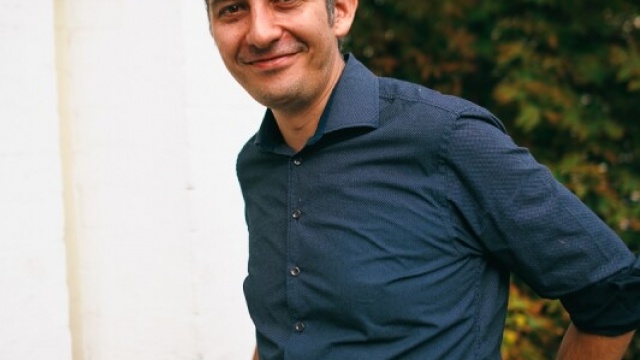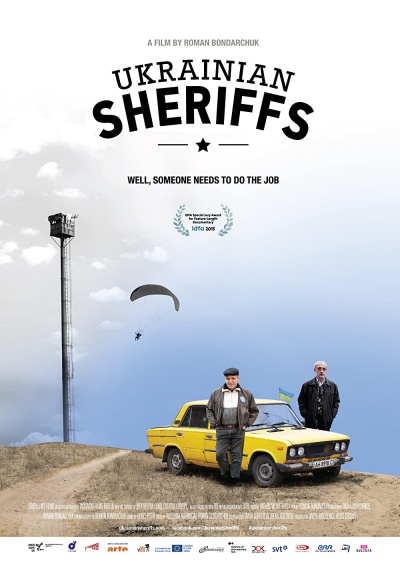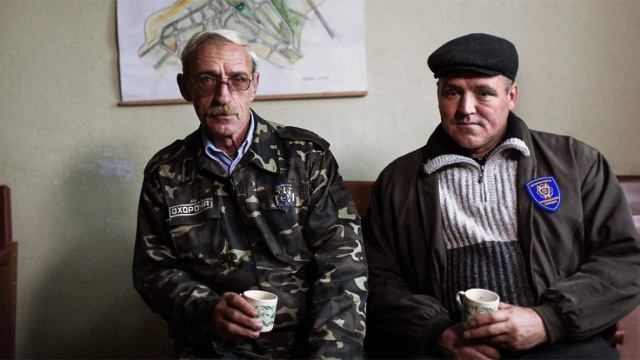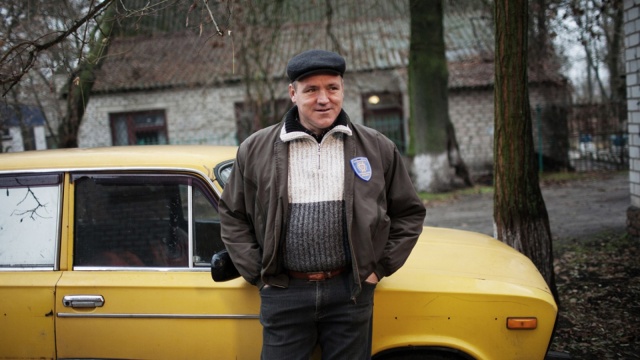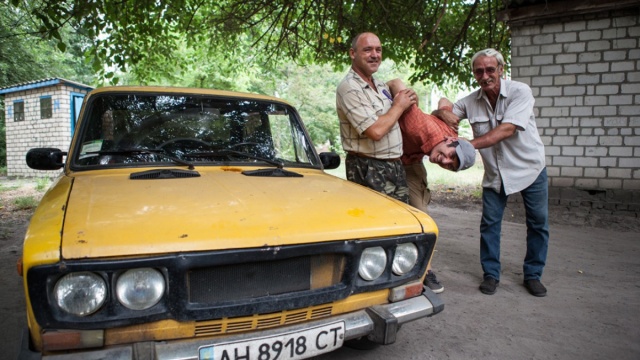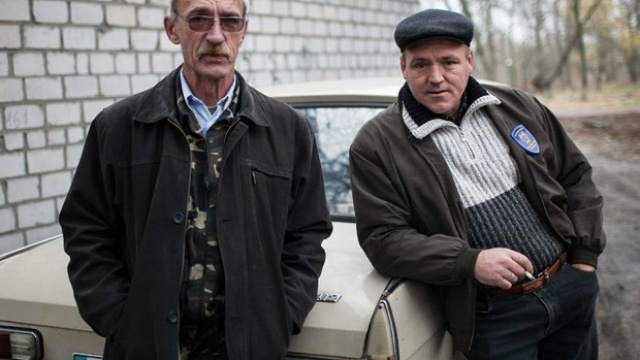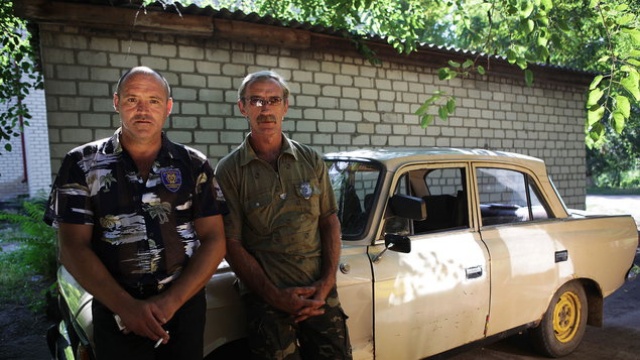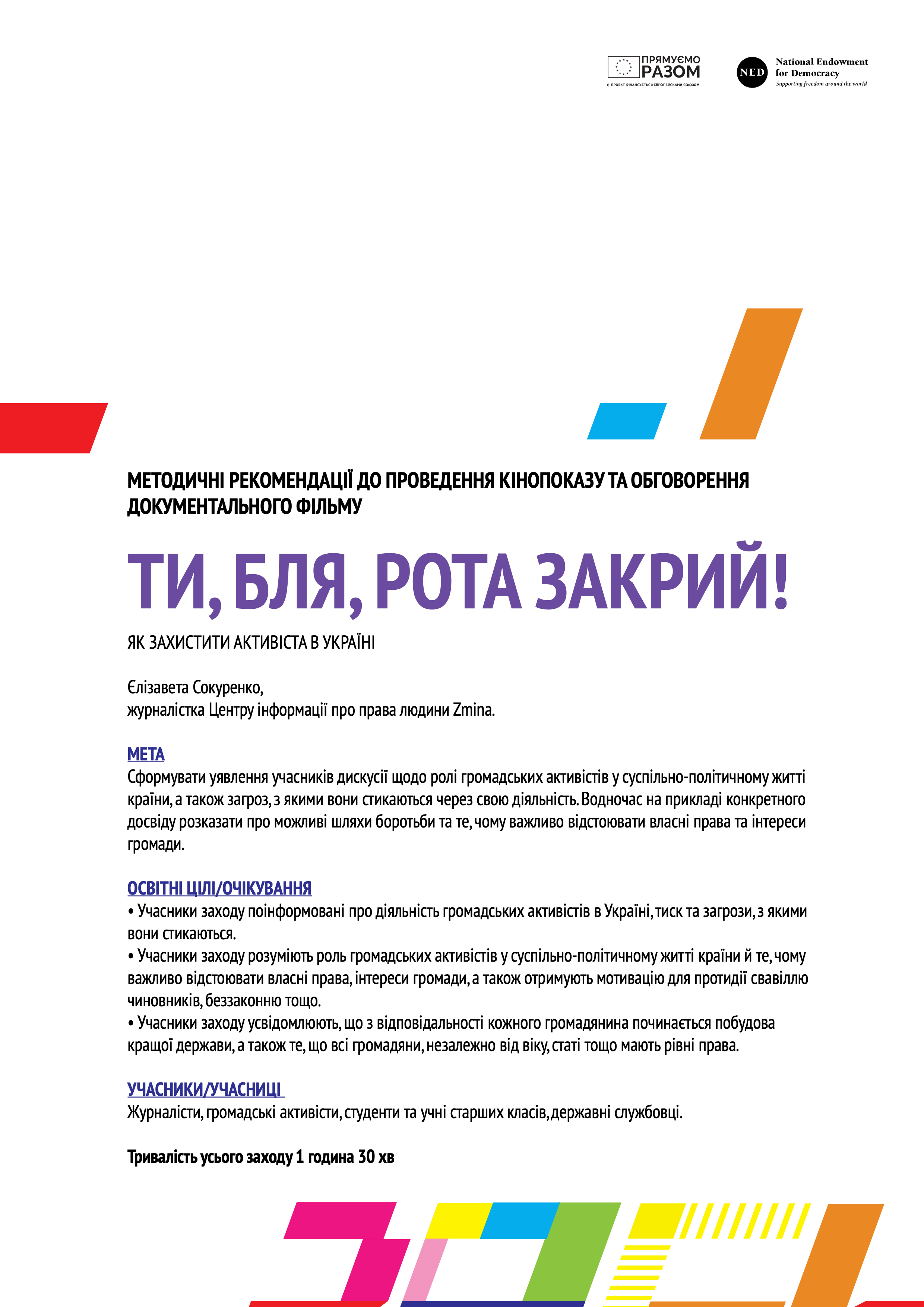The discussion after the screening was based on the concept of the feeling of internal freedom, both by the film’s characters and by the viewers, and on the mission carried out by the sheriffs. Most of the audience agreed with the statement that the story shown in the film is more unique for the Ukrainian reality rather than traditional. Despite this, they liked this approach to reforming the law enforcement system, because it establishes connections within communities. There was an opinion that the idea for community representatives to approve people engaged in law enforcement can produce a better result for cooperation. The audience was also interested in the further fate of the film’s protagonists after the film came out.
